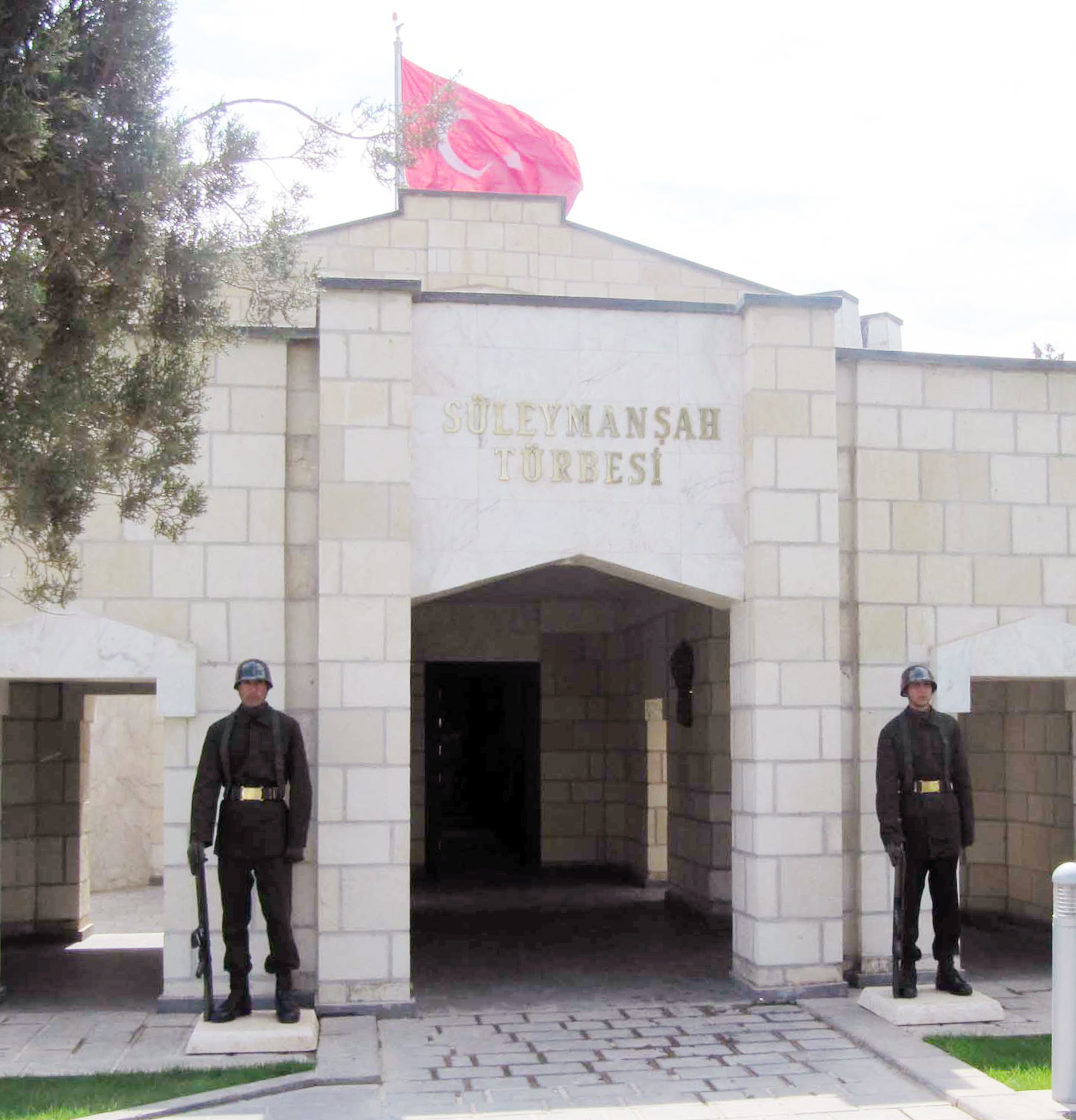
700-year-old tomb may play role in Turkey’s fight against Islamic State
A vow to defend the 700-year-old tomb of Suleyman Shah, grandfather of the founder of the Ottoman Empire, in a Turkish enclave in northern Syria could decide Turkey’s role in the military campaign against Islamic State. Deputy Prime Minister Bulent Arinc said on Tuesday that the militants were advancing on the white stone mausoleum, guarded by several dozen Turkish soldiers and perched on a manicured lawn under a Turkish flag on the banks of the Euphrates. The tomb was made Turkish territory under a treaty signed with France in 1921, when France ruled Syria. Ankara regards it as sovereign territory and has repeatedly made clear that it will defend the mausoleum if it is attacked.
We can’t leave that place, which is ours through agreements, unprotected. Regardless of pride, this is important for our historical memory. This is important for everyone, not just for Turks.
Ilber Ortayli, leading Turkish historian, Istanbul’s Galatasaray University
Turkey has so far been reluctant to take an active role in the U.S.-led military campaign against Islamic State, but the government on Tuesday sent a proposal to parliament to beef up its powers to order cross-border operations in Syria and Iraq. Prime Minister Ahmet Davutoglu, foreign minister at the time, said in March Turkey would retaliate against any attack on the tomb, 30 kilometres from the Turkish border, as Islamic State tightened its grip on surrounding areas. NATO member Turkey has so far declined to take a front-line role in the U.S.-led military campaign, fearful that it could strengthen Syrian President Bashar al-Assad and bolster Kurdish militants allied to Kurds in Turkey who have fought for three decades for greater autonomy. It also argues that air strikes alone will do little to address long-term instability on its 1,200-kilometre southern frontier.

Middle East